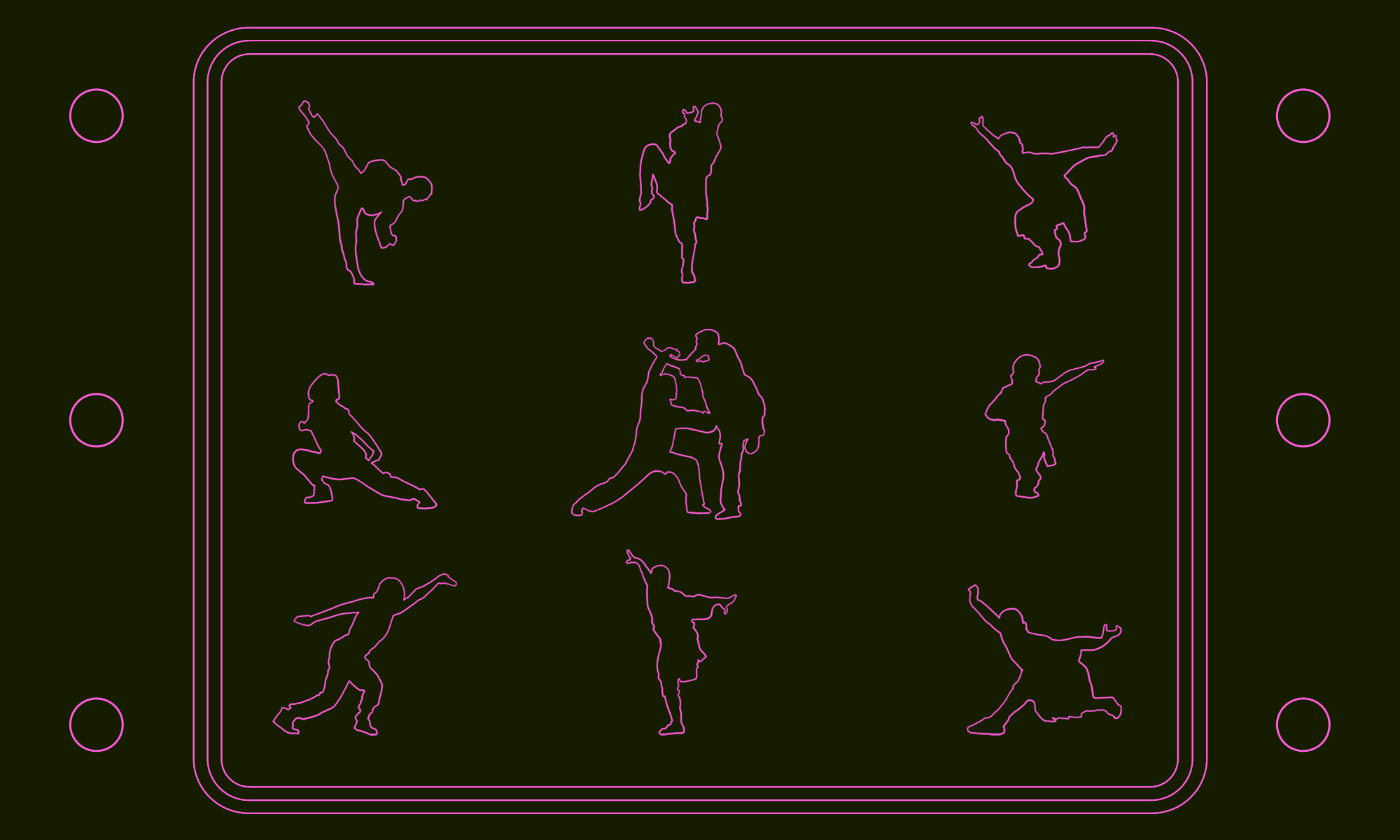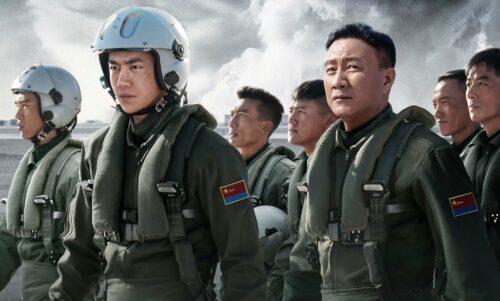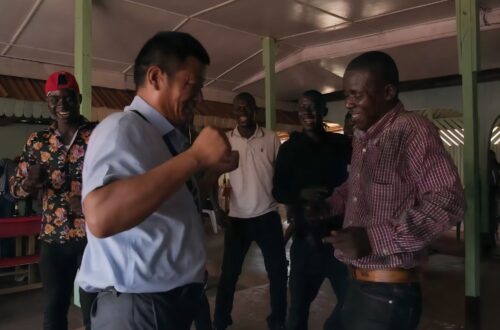Joseph Kuo and Taiwanese kung fu at the Old School Kung Fu Fest
Eight kung fu classics from Taiwanese director Joseph Kuo are scheduled for screening this week as part of the 9th Old School Kung Fu Fest in New York. The films have been restored in 2K.

On Monday, December 6, Subway Cinema of New York will begin its 9th Old School Kung Fu Fest. The artist of honor at this year’s iteration is a name strongly associated with the kung fu trend of the 1970s and ’80s: Taiwanese director Joseph Kuo (郭南宏 Guō Nánhóng) made several of the more iconic kung fu films of that era. Mystery of Chessboxing and 7 Grandmasters both have a long storied history in New York City, where they were big features on the Times Square grindhouse circuit. Such movies have not aged well — in their original form, anyway, though 2K conversions have breathed new life into them.
Despite its tremendous influence on American pop culture, the kung fu movie craze is identifiably an artifact of the ’70s and ’80s. This was a time before the internet, when the novelties of real footage of foreign footage was a bit harder to come by than just a few clicks on the computer. What kung fu movies lacked in polish, they made up for in elaborate choreography that could not be found in American cinema. Joseph Kuo, like so many of his contemporaries, made a point of using extended takes to show off the skills of his performers, with far more emphasis on the frenetic fights than the actual stories.
But localized dubs did little to help this. The voices themselves were at best cheesy and at worst high-pitched and annoying, with the new sound-mixing required by the dubs introducing further errors into the process. Such was the unavoidable reaction I had trying to rewatch Mystery of Chessboxing in its original format, which also had the disadvantage of a squashed screen owing to the movie having to be reformatted yet again to fit on videocassette.
Particular care was not taken to the art form. Mystery of Chessboxing was originally released with the baffling title Ninja Checkmate, the relevant persons involved in that particular decision either not knowing or not caring that ninjas are Japanese. Even trying to look past these flaws, the movie isn’t particularly good. The hero spends half the movie training in a gym where no one seems to like him very much, with impressive yet rather low-stake action scenes tending to revolve around characters moving around rice bowls in overly complicated ways.
Perhaps the single most truly influential aspect of Mystery of Chessboxing is that the antagonist is named Ghost Faced Killer (see: Ghostface Killah of Wu-Tang Clan and his tribute to the movie) — which sticks out because of the funny yet deadly serious way all the characters say his name. The chess-boxing gimmick promised in the opening credits takes way too long to materialize, and the later action scenes are only just barely impressive enough to keep the movie from being a complete waste of time. The three-person fight that makes up the abrupt climax stands out as well-constructed, if noisy.
7 Grandmasters is a better film simply because it promises seven fights right there in the title and gives us plenty more besides. The story is framed around an aging regional master’s quest to go to other regions and effectively shut down any possible denials of his position as the greatest martial artist in all of China. The appearance of a goofy sidekick who eventually turns out to be a promising pupil functions as decent comic relief, but more importantly is an excuse for more fight scenes, especially when the core plot of the titular sub-antagonists is finally resolved.
Beyond being a stronger film in general, 7 Grandmasters also showcases the value of these 2K remasters, if only for aesthetic purposes and not archival ones. Occasional spelling errors notwithstanding, the subtitles far better capture the transitory mood of these kung fu movies than the dubs could ever hope to. In the original voices, characters can be endearing even when they’re being rude bullies or chronic annoyances. A lot of what makes Joseph Kuo’s basic technique hold up is his understanding of flow, which is just as important for tonal performances as it is for the fight scene choreography. Kuo eagerly adapted himself to the latest, most popular trends of the market. An opportunist by nature, his ramshackle story structuring isn’t that different from the thought process of his protagonists.
Mystery of Chessboxing and 7 Grandmasters definitely have their charms, and it’s easy to see how they were influential for all their flaws. But the 2K remasters finally do them justice and makes them seem like serious works of craft rather than bafflingly bad movies from a far-off land.
https://www.youtube.com/watch?v=ZBMirqjyA0U
Online screenings for the Old School Kung Fu Film Festival will be ongoing from December 6 to December 13. Five in-person screenings will play at the Museum of the Moving Image from December 10-12. Details can be found here.







